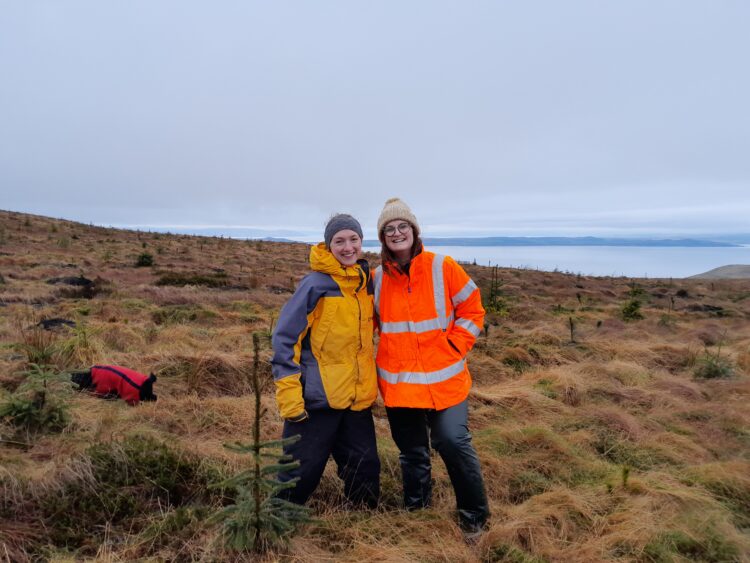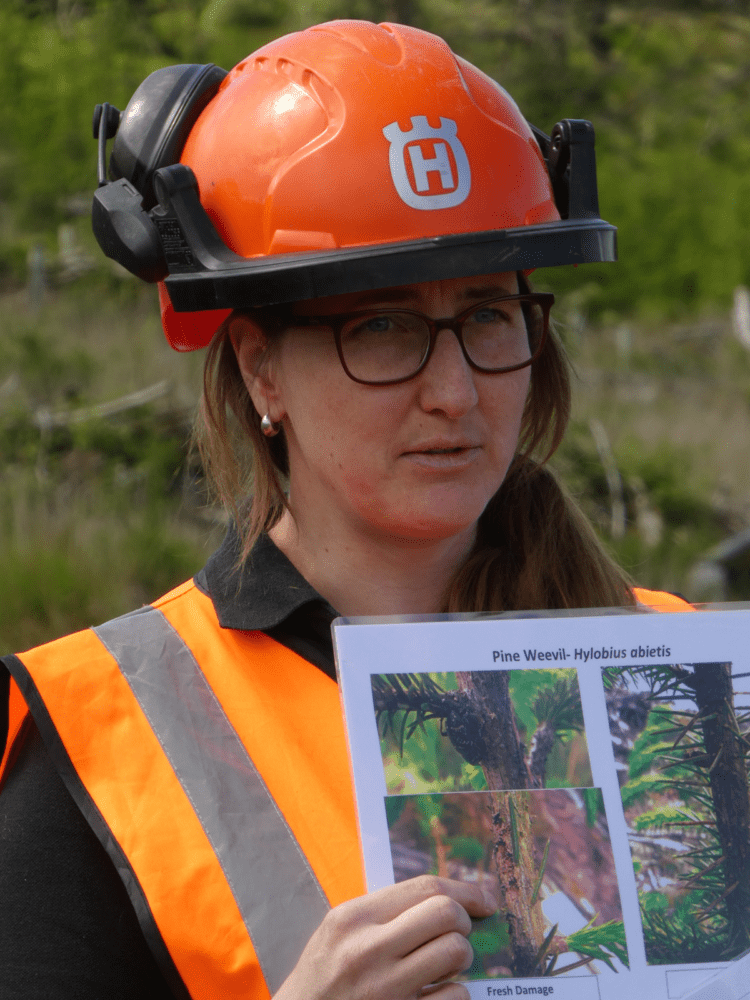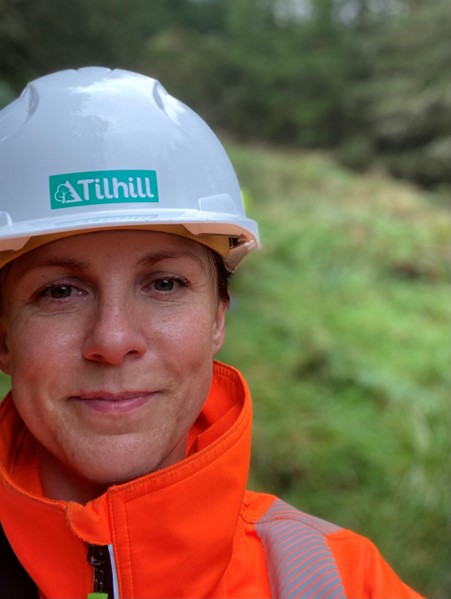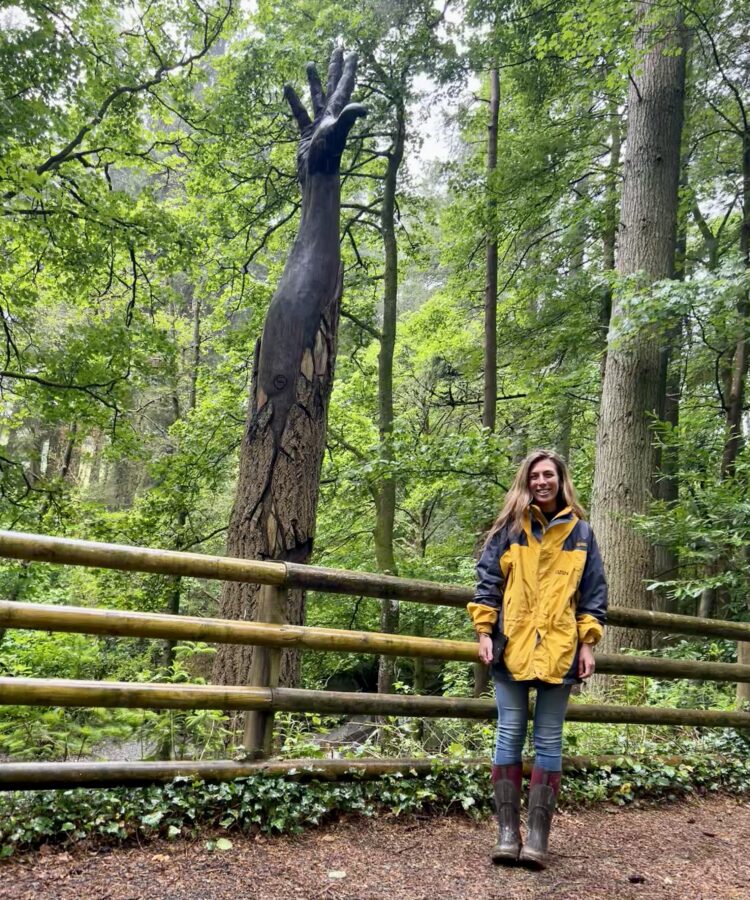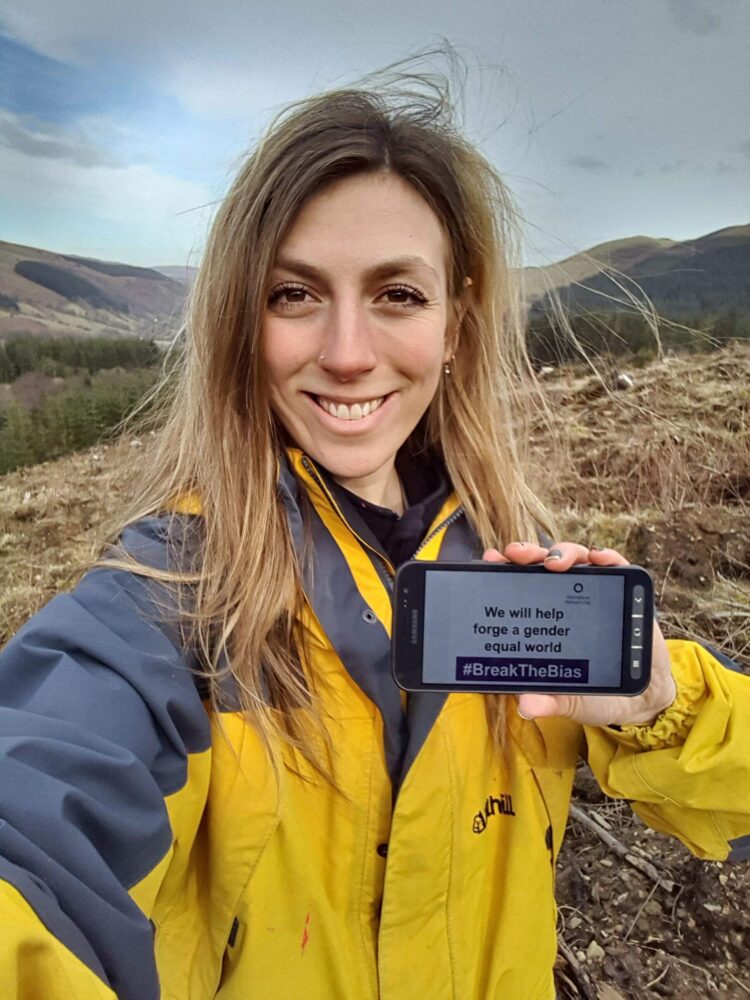A blog by Forest Manager, Hannah Fisher, South West Scotland.
With International Women’s Day taking place on the 8th of March I thought it would be fitting to dedicate this blog to the women of the forest industry.
Forestry in the past has been thought of as a stereotypically male dominated industry, however, there have been women thriving in this industry for years!
During the Second World War the Women’s Timber Corps also known as ‘Lumberjills’ was formed. Girls in Scotland were recruited to fulfil the gap left by men who had gone to fight. Girls as young as 17 were trained and put to work felling trees, loading lorries and sawmilling timber, among many other jobs.
The work was hard labour and vital to the success of the war and the country as a whole! A large proportion of the processed timber was used to create pit props for coal mining, and to aid in heating and lighting the country.
In keeping with opinions of the time, forestry was deemed too dirty, physical and dangerous to be a place for a woman. However, it was noted that the Lumberjills were as efficient at their roles as their male predecessors had been.
Since it was disbanded in 1946 women have remained an active part of the forest industry and today we are lucky to be able to say that several of the senior roles played in Scottish forestry are held by women.
Forestry in Scotland is highlighting its need to diversify within both the public and private sector and a report published by Confor in 2016 reinforced this. The report concluded that women are valued and supported once they are established in the industry but that there may be an issue at the recruitment stage of the process. This could stem from a lack of knowledge of the roles available in forestry from a younger age, an issue that is acknowledged within our sector, and that Tilhill is working on through career days and STEM workshops in schools.
As a a Forest Manager in the 21st century I am happy to say that the stereotypes of people working in the forest industry are changing. Although we may not do as much of the labour-intensive jobs as the Lumberjills once did, I enjoy a varied, challenging position within Tilhill that allows me to enjoy the environment we live and work in as well as play a part in the successful sustainable timber industry we have in Scotland today.
As we celebrate International Women’s Day it is wonderful to remember the women of forestry’s past and use this as an opportunity to encourage more women to become a part of forestry’s future.
Here’s to the 21st century Lumberjills!
Want to join the forestry industry?
Take a look at the forestry jobs career opportunities and graduate programme.

Join our graduate programme.
From forest management, timber harvesting to landscaping roles. Join us today.
Find out moreExhibition celebrating women in forestry
The Forestry Commission, Forestry England and Forest Research are calling for the general public to submit photos of modern day ‘Lumberjills’ – pictures of women working in the forestry sector – to create a People’s Picture in a first of its kind celebration of women in forestry.
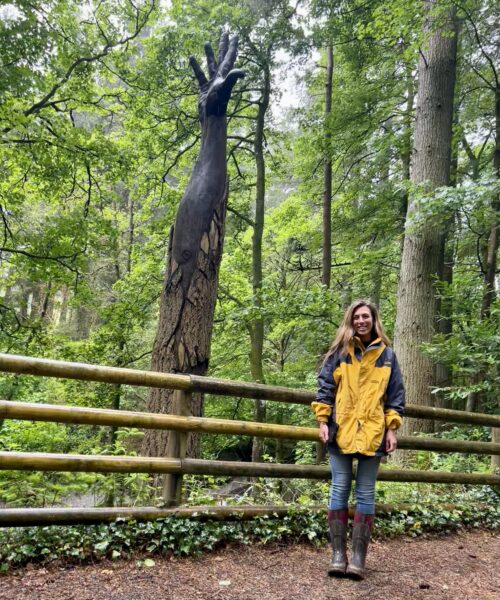
Women have long played a role in modern forestry but are underrepresented.
The images will go on display at the forthcoming Women in Forestry, The Lumberjills Story exhibition at Grizedale Forest May 2023.
Find out more



